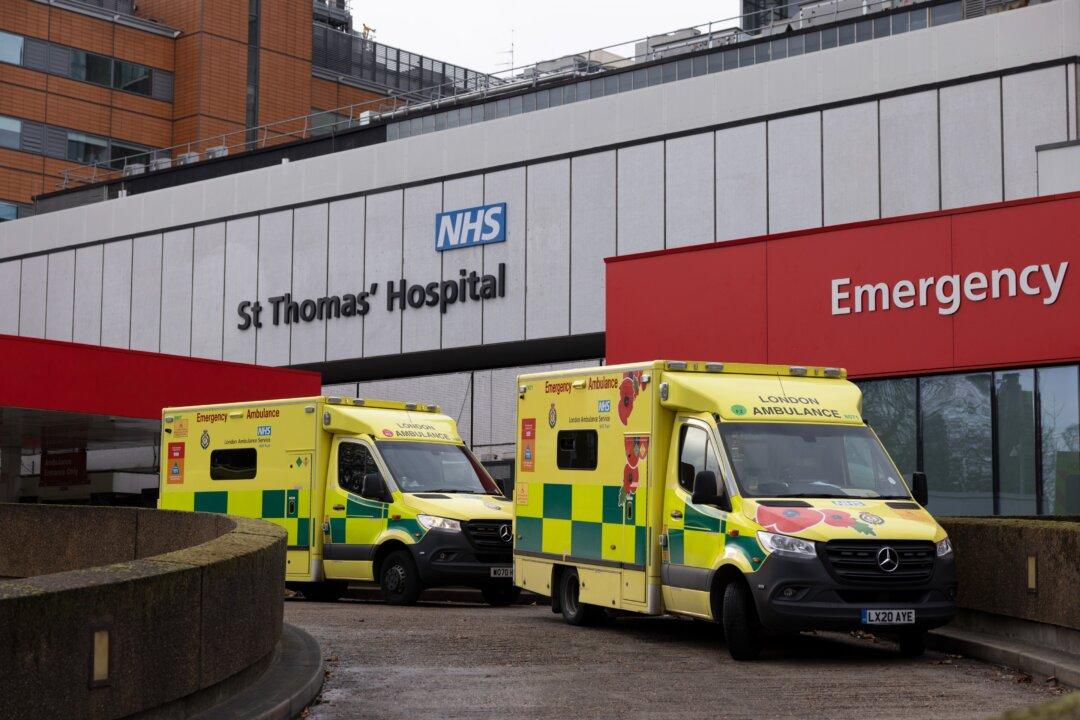The UK government has urged unions to honour their commitments to responding to life-threatening emergency calls during the planned ambulance strikes.
The strikes, coordinated by the GMB, Unison, and Unite unions, is expected to affect nine ambulance trusts in England on Dec. 21 and eight on Dec. 28.





